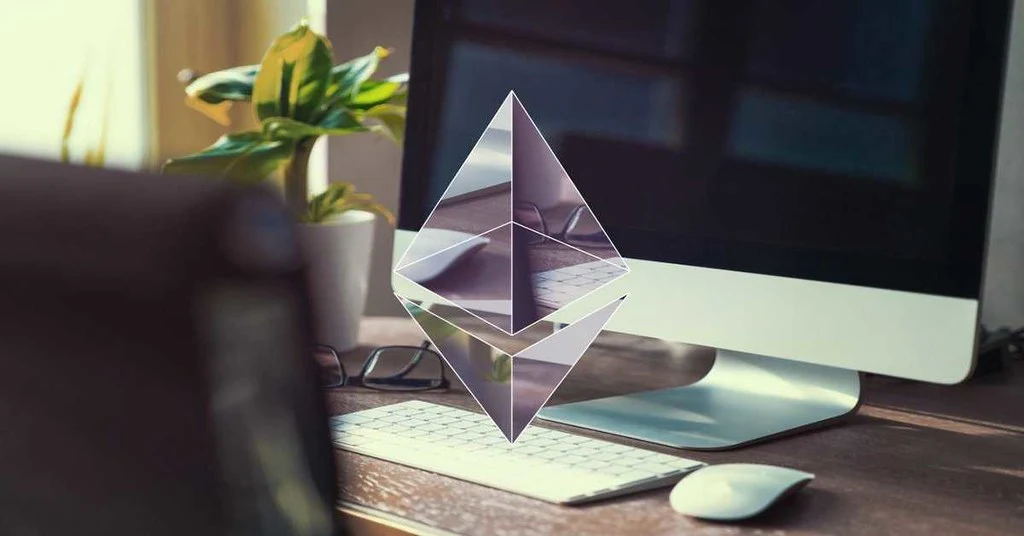
Benjamin Adams from Nethermind proposed EIP-7781, which reduces Ethereum’s slot time from 12 to 8 seconds. This would increase the network’s throughput by 33% without raising the number of BLOB objects. Justin Drake, a well-known Ethereum researcher, supported the proposal, noting its equivalent to a gas limit increase to 45 million and raising the BLOB count to nine.
He added that this would improve the efficiency of decentralized exchanges (DEXs) like Uniswap by 1.22 times, reduce arbitrage costs between CEXs and DEXs by approximately $100 million annually, and accelerate smart contract processing by 30%. It would also help smooth out peak loads on block verification.
There's a new EIP to increase Ethereum's throughput by 50%.
— cygaar (@0xCygaar) October 6, 2024
– 12 second block times -> 8 seconds
– 6 data blobs per block -> 9 blobs per block
– DEXes become around 1.22x more efficient
If approved, this would be a huge first step in improving Ethereum L1's performance. pic.twitter.com/MkX5gbiBFR
“If the project is approved, it will be the first huge step toward improving Ethereum’s performance,” said Web3 researcher Cygaar.
However, Drake emphasized that this solution would require stricter timing for validators. Users also expressed concerns about the new hardware requirements needed for validators under this EIP.
Technical Aspects
Adam Cochran, a partner at Cinneamhain Ventures, suggested running tests on equipment and ping times to ensure the changes won’t cause home validators to disconnect. He noted that for most validators, this should be within acceptable limits.
Место под твиттер
Supporting Decentralization
Ethereum co-founder Vitalik Buterin previously suggested reducing solo-staking requirements to strengthen the network’s decentralization and increase the number of validators.








 Cryptol – your source for the latest news on cryptocurrencies, information technology, and decentralized solutions. Stay informed about the latest trends in the digital world.
Cryptol – your source for the latest news on cryptocurrencies, information technology, and decentralized solutions. Stay informed about the latest trends in the digital world.